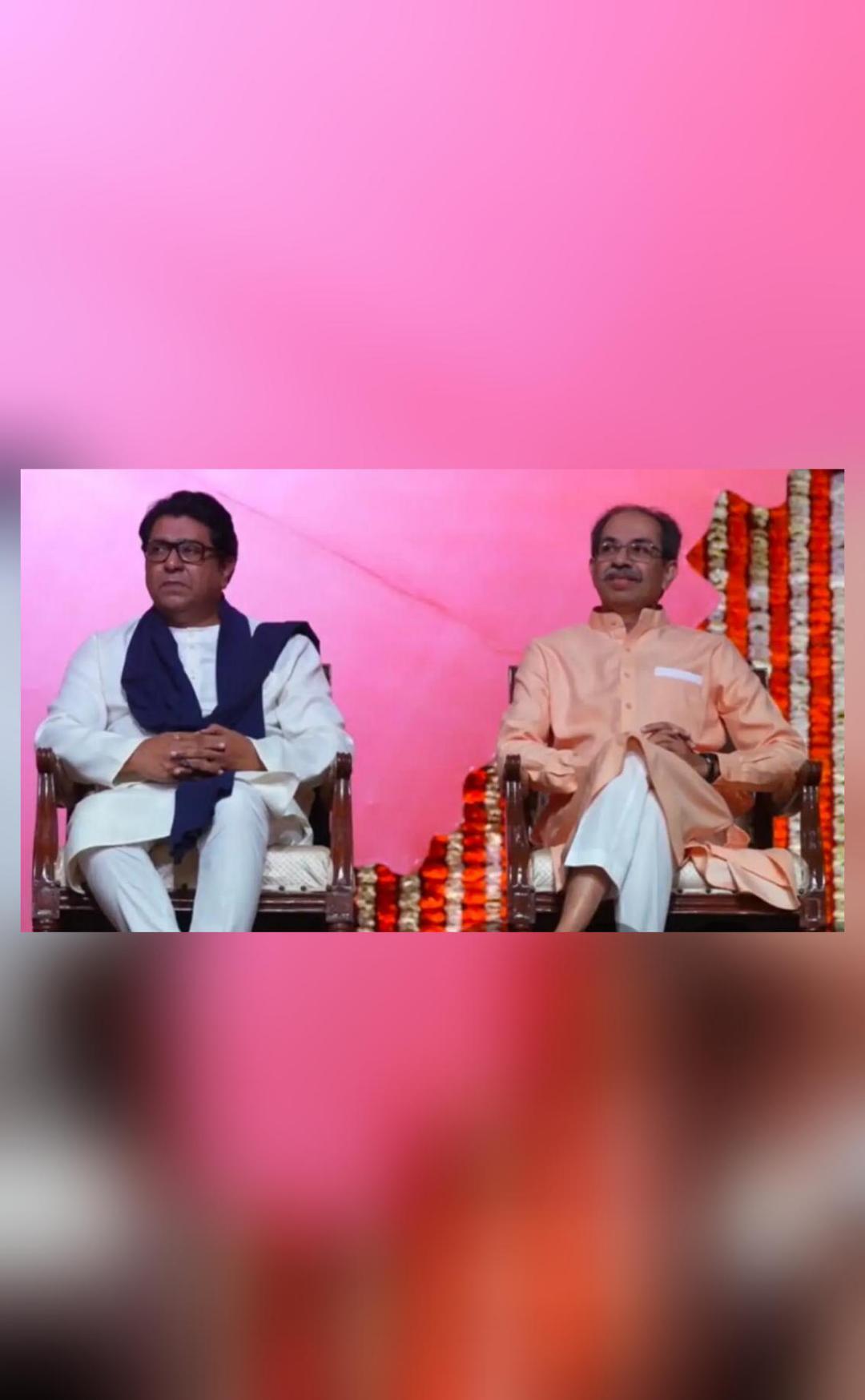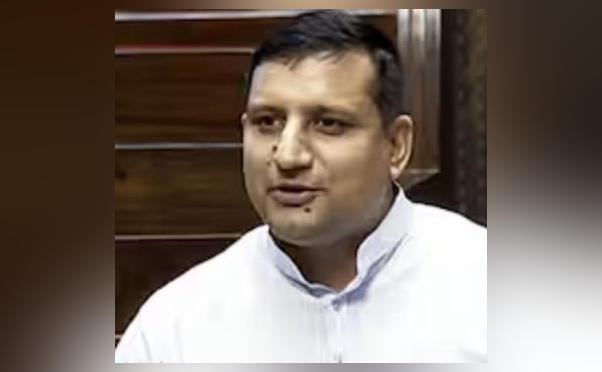
Neither Hindi nor Marathi, Uddhav & Raj just love family: BJP
The recent joint rally of Shiv Sena (UBT) chief Uddhav Thackeray and MNS president Raj Thackeray to celebrate the Maharashtra government’s rollback of the three-language policy has triggered a fresh round of political debate in the state. While the two leaders hailed the decision as a victory for the people of Maharashtra, a BJP leader has hit back, accusing them of coming together only due to political compulsion.
Gaurav Vallabh, a senior BJP leader, made the comments while reacting to the joint rally, which was attended by thousands of supporters of both parties. “Stop hiding behind Hindi and Marathi. You neither love Marathi nor Hindi, you just love your family,” Vallabh said, in a clear dig at the Thackeray brothers.
The BJP leader’s comments have raised eyebrows, with many interpreting them as an attempt to undermine the popularity of the two leaders. However, Vallabh’s statement also highlights the complexities of the political landscape in Maharashtra, where regional identity and language play a significant role in shaping public opinion.
The three-language policy, which was introduced by the Maharashtra government in 2020, had sparked widespread protests and controversies, with many opposing the move to make English a compulsory subject in schools. The policy was seen as an attempt to promote linguistic and cultural diversity in the state, but it was also criticized for imposing a language on students who may not have a background in it.
The government’s decision to roll back the policy has been hailed as a victory by the Thackeray brothers, who have long been champions of Marathi and Hindi. However, Vallabh’s comments suggest that the BJP sees the move as a way to appease regional sentiments, rather than a genuine attempt to promote the state’s languages.
The Thackeray brothers have been bitter rivals in the past, with Uddhav leading the Shiv Sena and Raj heading the Maharashtra Navnirman Sena (MNS). However, their joint rally to celebrate the rollback of the three-language policy has raised questions about their willingness to put aside their differences for the sake of politics.
Vallabh’s comments have also been seen as a way to undermine the appeal of the Thackeray brothers, who are known for their ability to mobilize large crowds and swing public opinion in their favor. By questioning their commitment to the languages they claim to promote, Vallabh is trying to erode their credibility and create doubts in the minds of the people.
However, the Thackeray brothers have a strong following in Maharashtra, particularly among the Marathi-speaking population. Their ability to mobilize public opinion on issues that affect the state’s language and culture has been a key factor in their political success.
In recent years, the Thackeray brothers have been at the forefront of several regional issues, including the demand for a separate Marathi-speaking state and the promotion of Hindi in government institutions. Their joint rally to celebrate the rollback of the three-language policy is seen as a way to capitalize on the public’s frustration with the government’s language policies.
The BJP, on the other hand, has been trying to expand its base in Maharashtra, particularly among the urban middle class and the upper caste communities. The party has been critical of the Thackeray brothers’ policies, which it sees as divisive and regionalistic.
In conclusion, the joint rally of Uddhav and Raj Thackeray to celebrate the rollback of the three-language policy has sparked a fresh round of political debate in Maharashtra. While the two leaders have hailed the decision as a victory for the people of Maharashtra, a BJP leader has accused them of coming together only due to political compulsion.
Gaurav Vallabh’s comments have raised questions about the Thackeray brothers’ commitment to the languages they claim to promote, and whether they are more interested in promoting their family’s interests than the interests of the people of Maharashtra. However, the Thackeray brothers have a strong following in the state, and their ability to mobilize public opinion on issues that affect the state’s language and culture is likely to remain a key factor in their political success.





